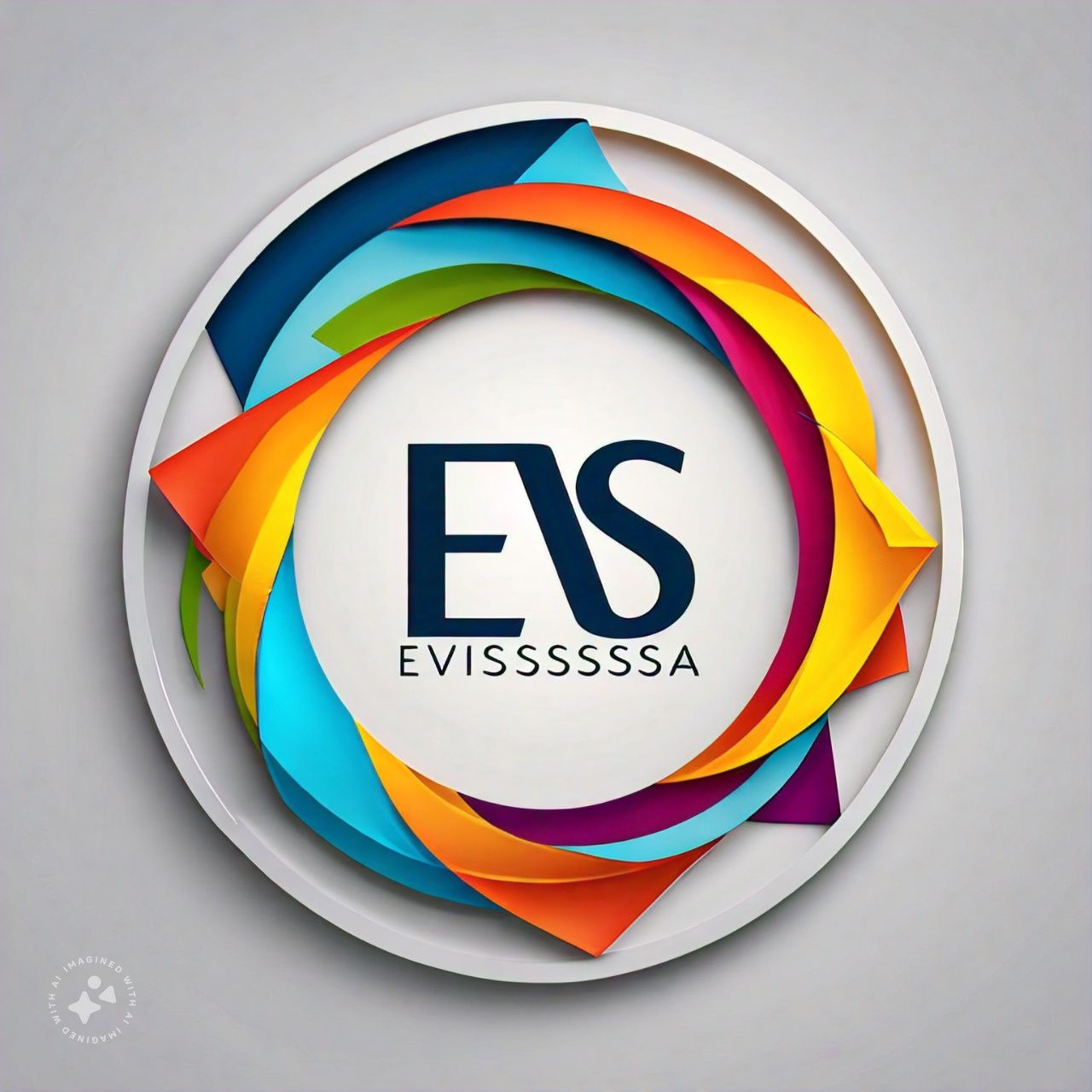
Japan offers various visa categories, including work-related E visas for foreign nationals who plan to work in the country. However, E visa terminology isn’t typically used for Japan. Instead, Japan provides different visa types for foreign nationals based on their employment, including work visas, which could be what you’re referring to.
Common Work Visas for Japan (Similar to E Visas)
- Engineer/Specialist in Humanities/International Services Visa (Visa Type: Engineer, Specialist in Humanities, International Services)
This is one of the most common work visas for foreign nationals coming to Japan. It is available for those who will be employed in positions related to engineering, humanities, or international services.- Eligibility: A job offer from a Japanese employer in the fields of engineering, business, or international services (e.g., translation, consulting, etc.).
- Required Documents:
- Valid passport.
- Visa application form.
- A Certificate of Eligibility (issued by the Japanese Ministry of Justice).
- Job offer/contract from a Japanese company.
- Academic qualifications (degree or equivalent).
- Employment history (if applicable).
- Intra-company Transferee Visa (Visa Type: Intra-company Transferee)
This visa is for employees who are transferred to a Japan-based office of the same company.- Eligibility: Employees of a foreign company who are being transferred to a branch or affiliate in Japan.
- Required Documents:
- Valid passport.
- Visa application form.
- Certificate of Eligibility.
- Proof of employment history within the same company.
- Skilled Labor Visa
For foreigners with specialized skills or technical expertise, such as chefs, tradespeople, or other professionals.- Eligibility: Foreign nationals with specific technical or vocational skills.
- Required Documents:
- Valid passport.
- Visa application form.
- Certificate of Eligibility.
- Proof of qualifications or experience in the specified skill.
- Highly Skilled Professional Visa (Visa Type: Highly Skilled Professional)
This visa is for highly skilled foreign workers, such as professionals in fields like IT, science, engineering, and academia.- Eligibility: Applicants must meet a specific point-based system, which considers education, work experience, salary, and other factors.
- Required Documents:
- Valid passport.
- Proof of qualifications and work experience.
- Certificate of Eligibility.
- Employment contract.
- Teaching Visa (Visa Type: Instructor, Specialist in Education)
For those who wish to teach in Japan, whether in private language schools, public schools, or other educational institutions.- Eligibility: A job offer from a Japanese school or educational institution.
- Required Documents:
- Valid passport.
- Visa application form.
- Certificate of Eligibility.
- Teaching contract or offer.
- Proof of qualifications (e.g., teaching degree or English proficiency).
- Business Manager Visa (Visa Type: Business Manager)
This visa is for individuals who intend to establish or manage a business in Japan.- Eligibility: Individuals who plan to run a business or invest in Japan.
- Required Documents:
- Valid passport.
- Visa application form.
- Business plan and proof of sufficient funds.
- Certificate of Eligibility.
Japan Visa Application Process for Work Visas
- Obtain a Certificate of Eligibility (CoE):
Before applying for a visa, your employer in Japan typically applies for a Certificate of Eligibility (CoE) from the Japanese Immigration Office. The CoE is a document issued by Japan’s Ministry of Justice that proves your eligibility for the visa category you are applying for. - Visa Application: Once the CoE is issued, you can apply for the work visa at the nearest Japanese embassy or consulate in your country. You will need to submit:
- A completed visa application form.
- Your valid passport.
- The Certificate of Eligibility.
- Additional documents depending on the specific visa type (e.g., job contract, academic qualifications, etc.).
- Visa Approval and Issuance: If your visa application is approved, you will be issued a visa to enter Japan. This visa allows you to enter Japan and work for the company or institution specified in your application.
- Residence Card: Upon arriving in Japan, you will be issued a Residence Card at the airport if you are staying for longer than 90 days. This card functions as proof of your legal status in Japan and must be carried with you at all times.
- Working in Japan: Once in Japan, you must adhere to the terms of your visa, including your employment conditions. You are typically allowed to work for the employer listed on your visa, but changing employers might require visa modifications or approval from immigration.
Privacy Policy and Data Protection in Japan
When applying for a visa to Japan, your personal data (passport details, educational qualifications, employment history, etc.) will be collected by the Japanese embassy or consulate. Japan has stringent laws for personal data protection, including:
- The Act on the Protection of Personal Information (APPI), which regulates the collection, use, and sharing of personal information.
- The Personal Information Protection Commission oversees enforcement and ensures individuals’ data privacy rights are respected during the visa application process.
All information provided for the visa application must be handled securely by the Japanese authorities, and personal data will be used solely for the purpose of processing the visa application.
CLICK HERE FOR APPLY

Conclusion
Japan offers a variety of work visas for foreign nationals, each of which corresponds to different professional categories. While there is no specific E visa for Japan, the Engineer/Specialist in Humanities/International Services visa and other categories serve similar functions. These visas allow foreign nationals to work in Japan under specific employment terms, such as teaching, engineering, business, or technical professions.

